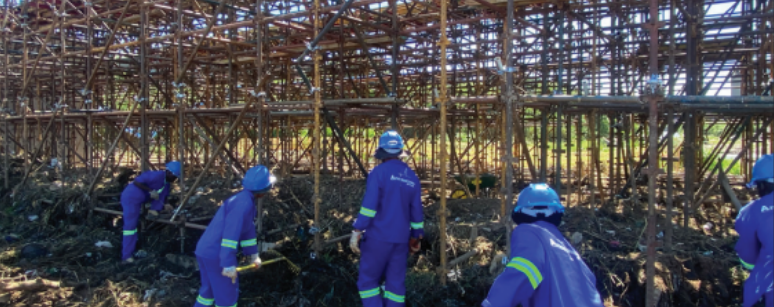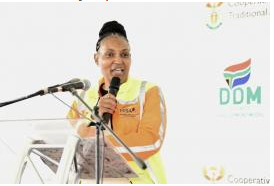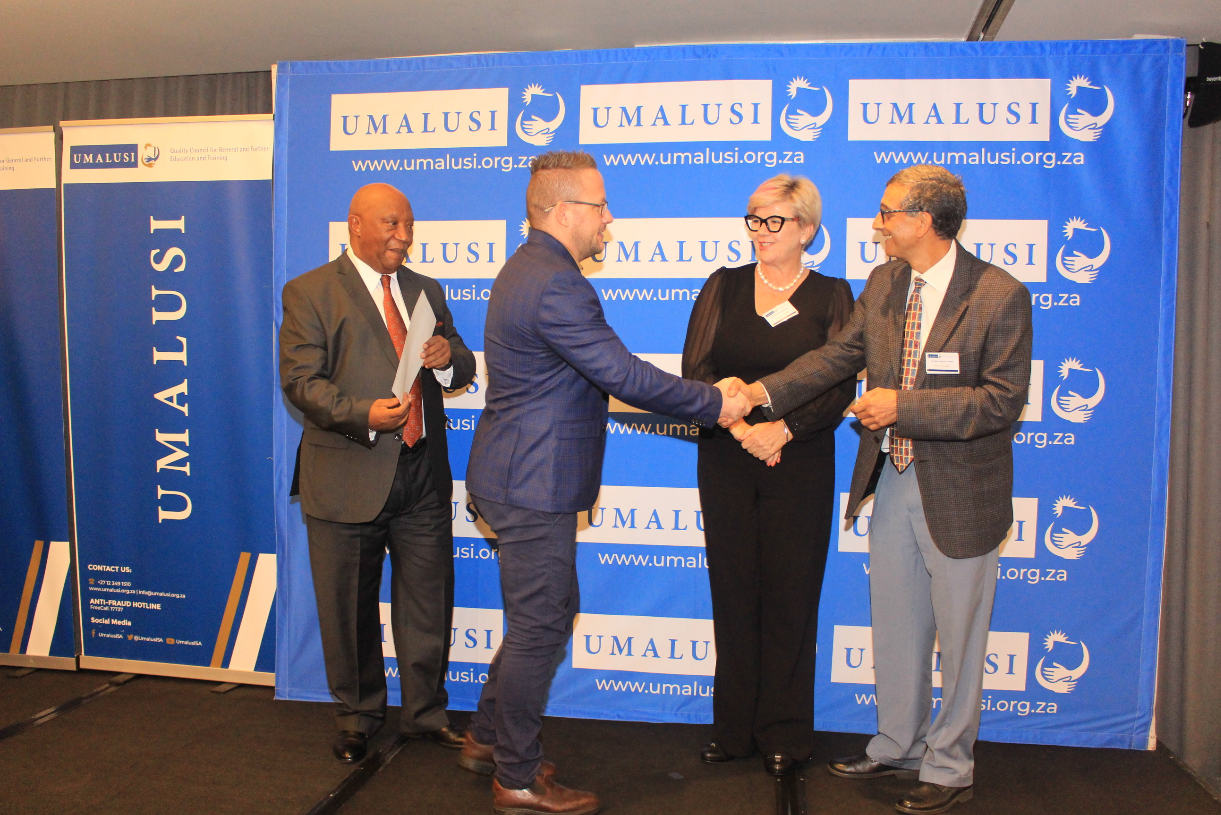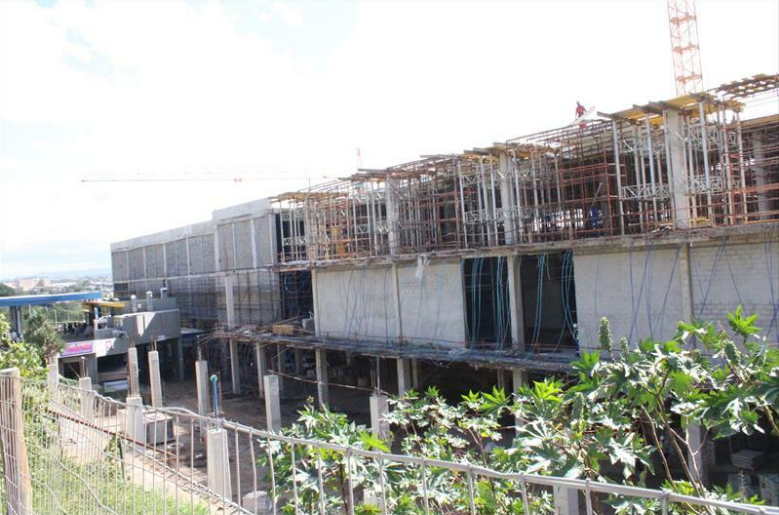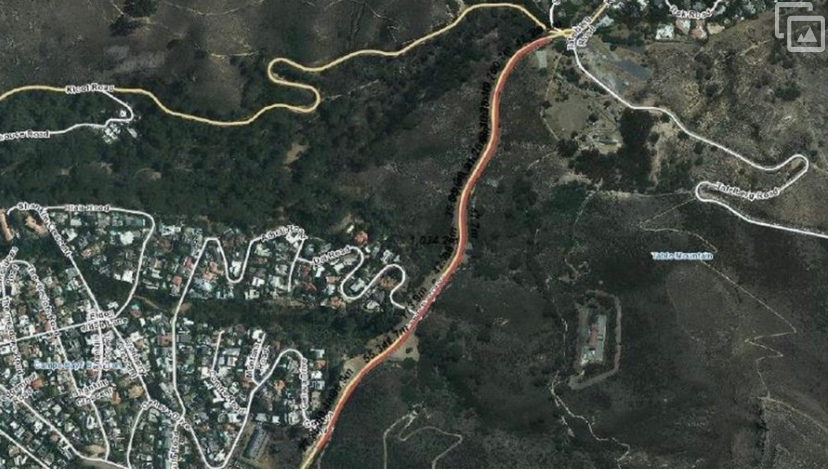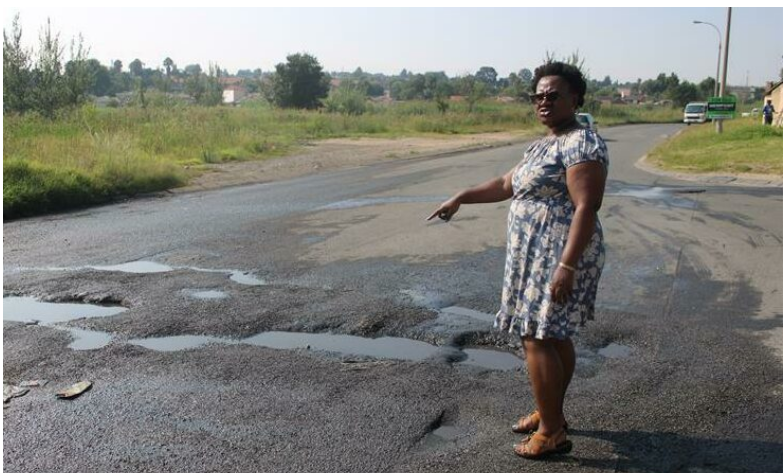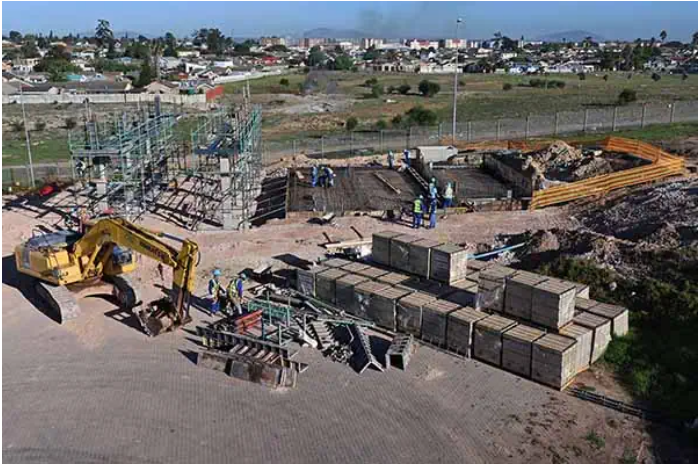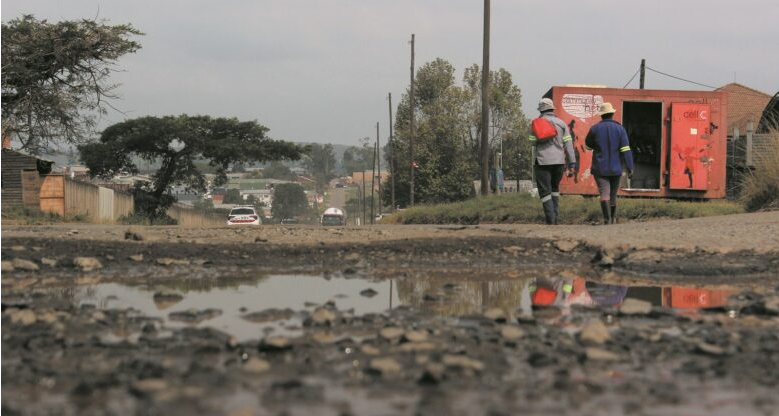Why landfilling remains ‘a necessary reality’ for now

30-03-2017
Read : 67 times
Infrastructure News
Source
South Africa’s most densely populated province, Gauteng, is faced with many waste management challenges. This includes legal compliance, the environmentally sound practices of landfilling and the implementation of alternative waste management solutions.
Gauteng, being South Africa’s industrial and economic hub, generates nearly 34% of the country’s gross domestic product (GDP). This is supported by the province’s 13.2 million people who account for 24% of the South African population.
However, being an industrial and economic hub leaves the province with enormous waste volumes which often end up in landfills. This is similar to the rest of the country as landfills are still the most widely used waste disposal option in South Africa.
The National Waste Information Baseline Report, a study conducted in 2012, indicates that 91% (98 million of 108 million tonnes) of the waste generated in South Africa during 2011 was disposed of at landfills.
“Our reliance on landfill has come at a cost,” Jonathan Shamrock, vice-president of the IWMSA said. “The remaining air space at some landfill sites in South Africa is fast approaching capacity, and so is the available space to extend landfill sites while complying with stringent waste legislation.”
Currently, a total of 599 landfill sites are listed on the South African Waste Information Centre (SAWIC) permit database for South Africa. Of this number, 102 (17%) are based in Gauteng of which 13 are municipal landfill sites.
The IWMSA said that the national and provincial waste management strategy is geared towards waste beneficiation and diversion from landfill.
The institute added that as plans for waste diversion from landfill and increased recycling are gathering momentum in Gauteng, landfilling as a waste management option remains a necessary reality, at least for the immediate future.
“Gauteng is by far the biggest generator of waste, including hazardous waste, in South Africa, generating approximately 33% of the country’s waste,” Kobus Otto, director of Kobus Otto & Associates said. “The province is not only in need of landfill airspace, it is in need of legally compliant and environmentally sound airspace.”
“Until we find alternative solutions that can substitute landfill entirely, we must explore other strategies,” he added. This includes looking into science and technology that will improve the practice and counter the negative environmental effects.
The institute said that advancing knowledge about the state of landfilling and finding ways to improve the future of waste management in South Africa is of paramount importance.
Later this year, the institute will host its biennial landfill seminar from 18 – 20 October. The seminar will be hosted at the Buffelsdraai Landfill Site and it will be the first time that this event takes place on an operational landfill site.
Recent News
Here are recent news articles from the Building and Construction Industry.
Have you signed up for your free copy yet?
